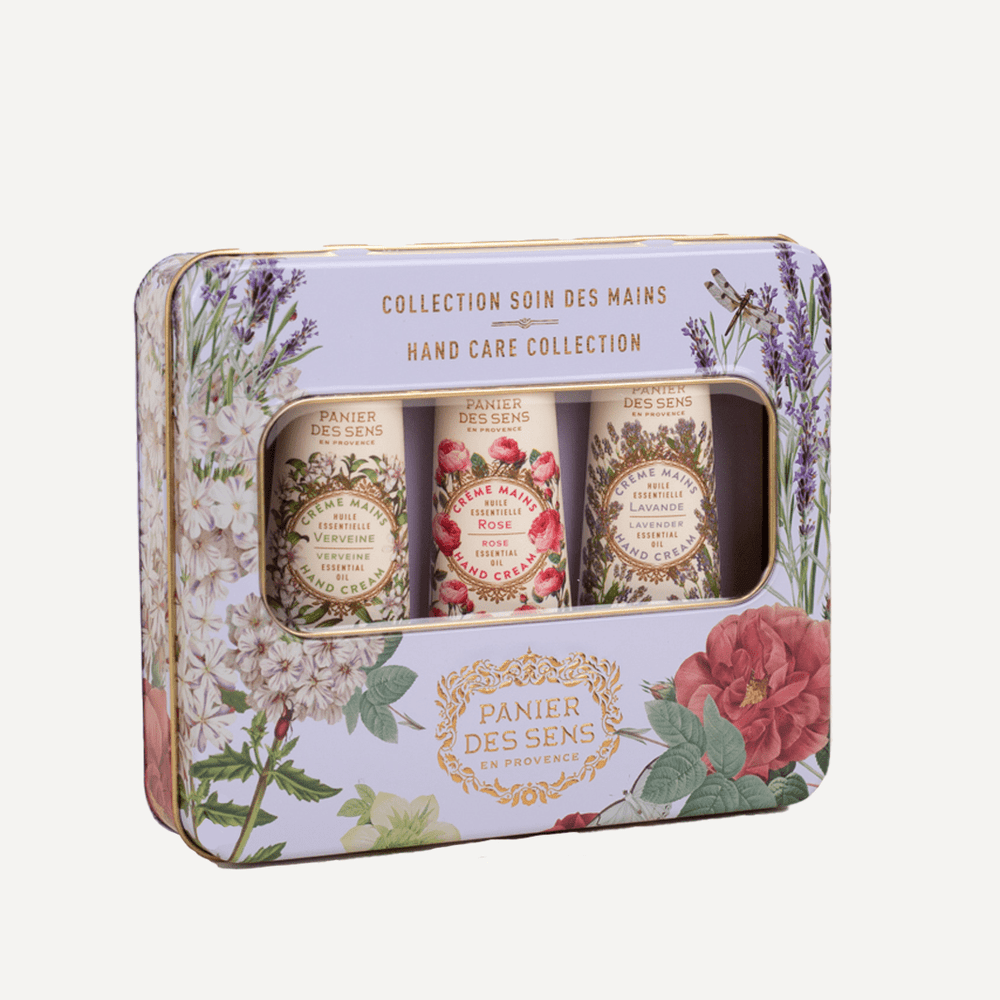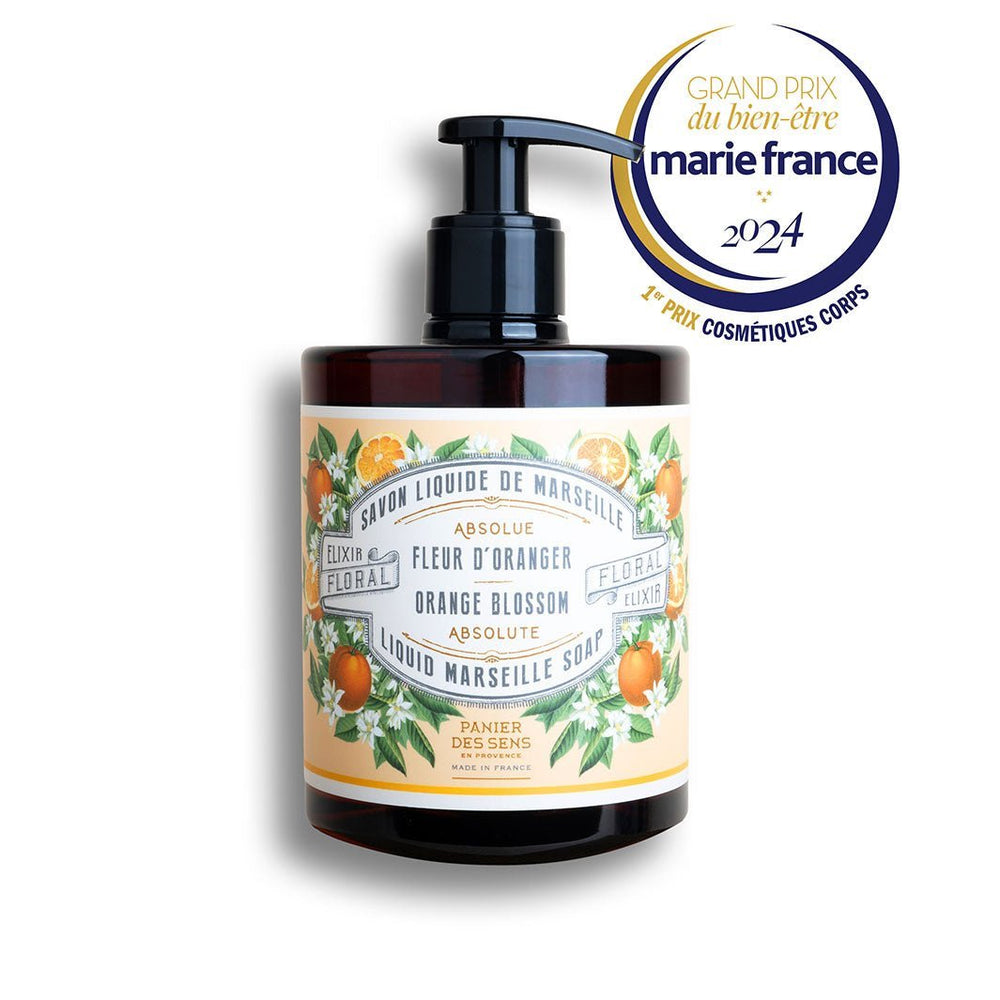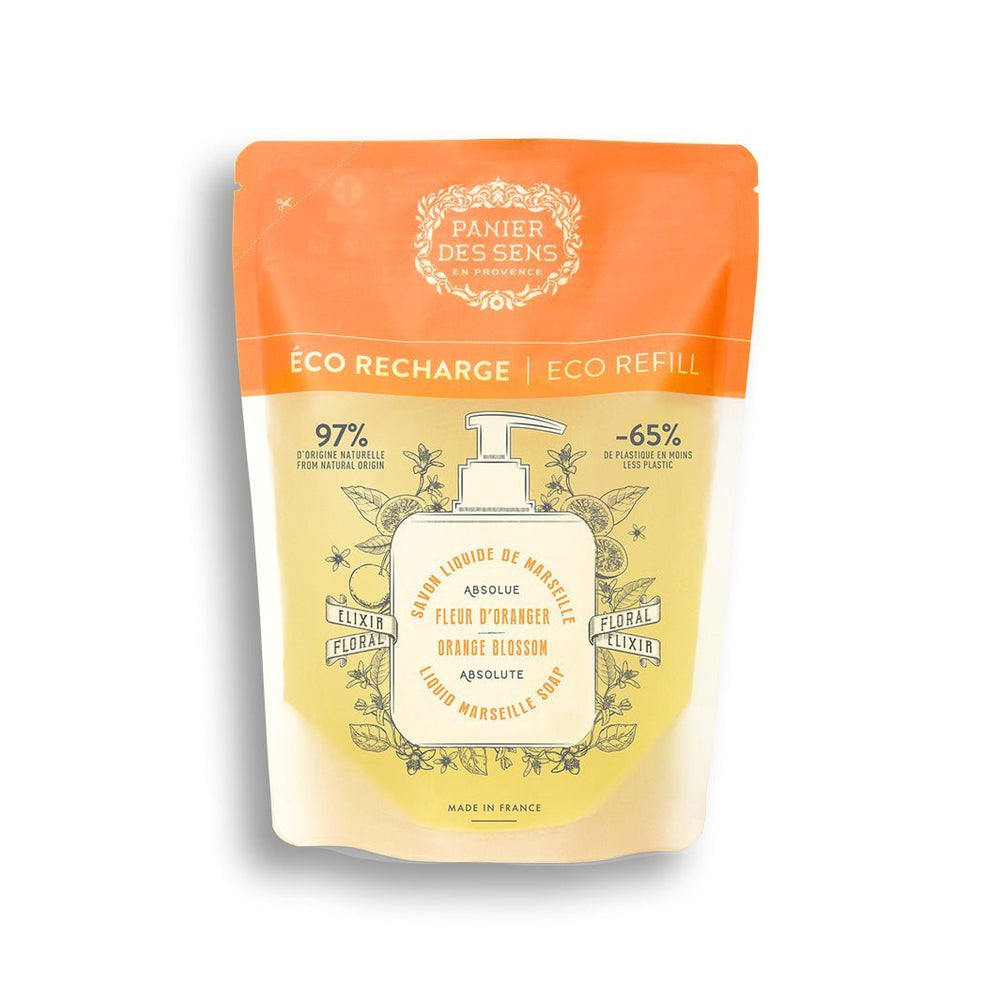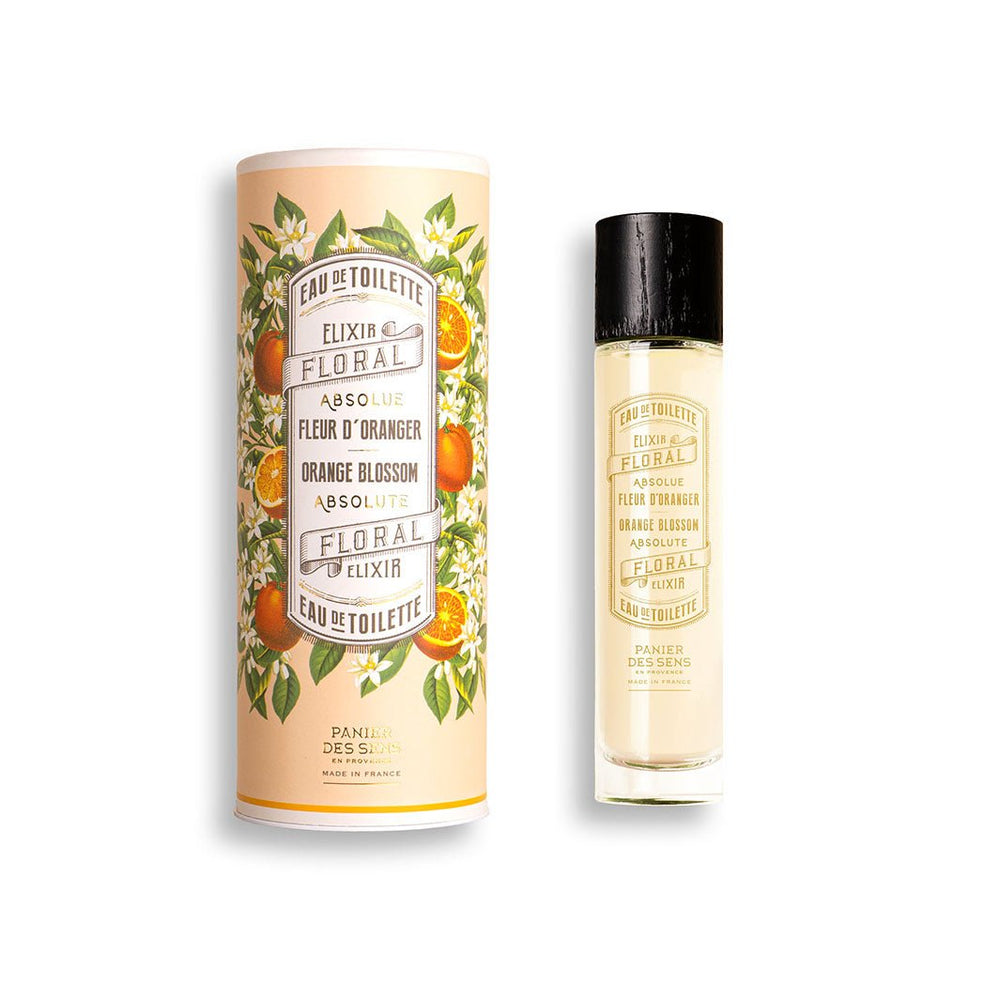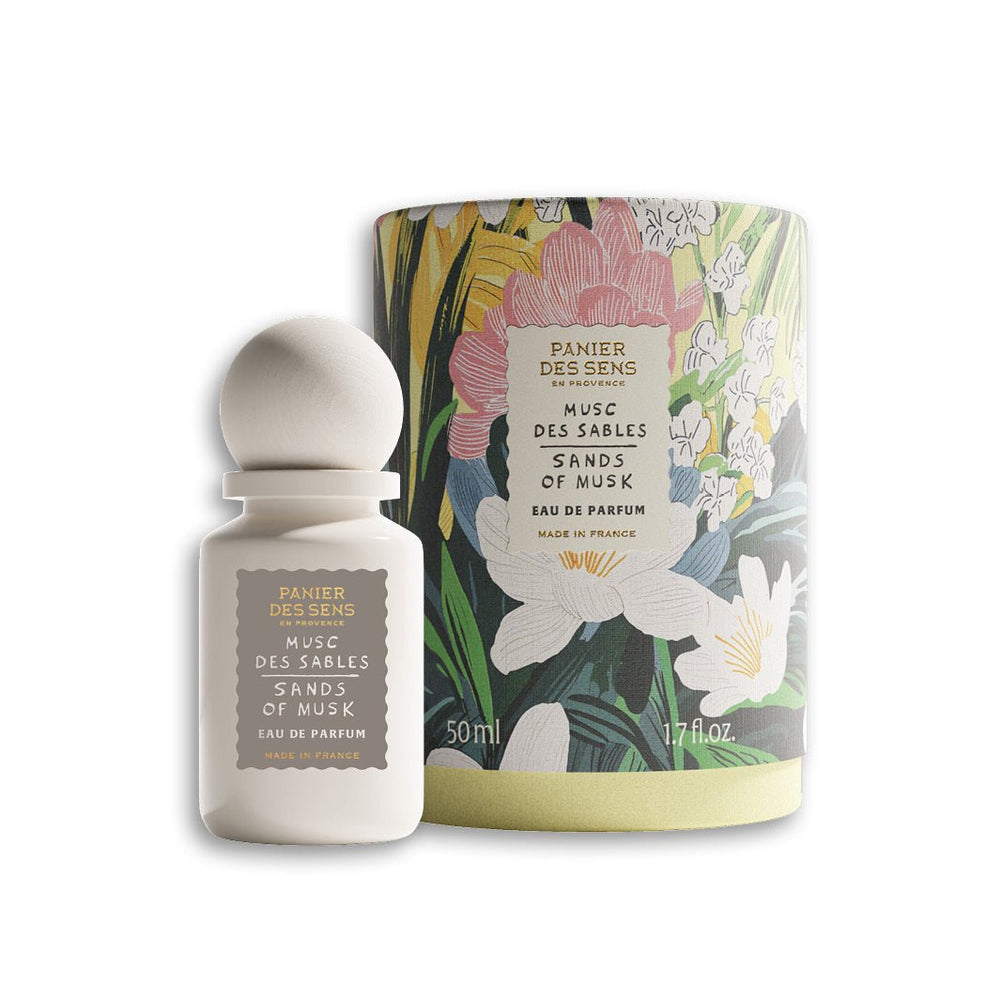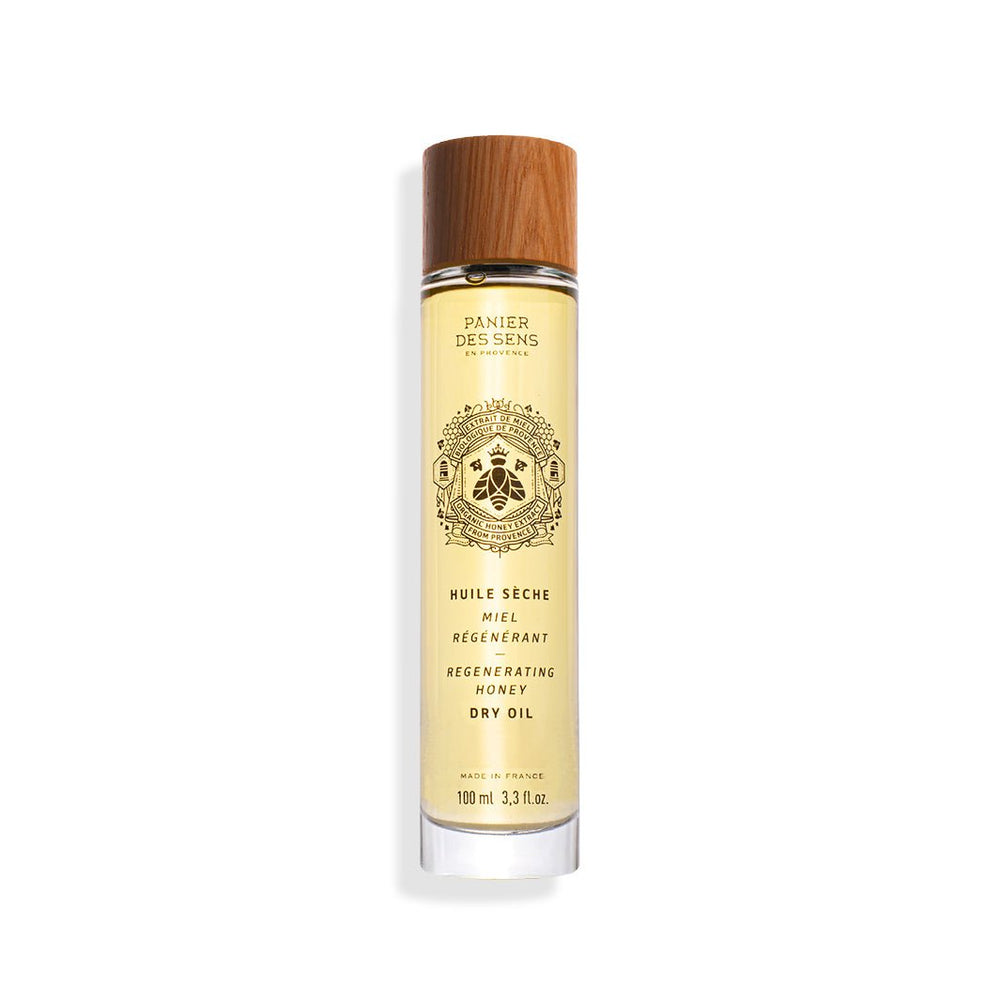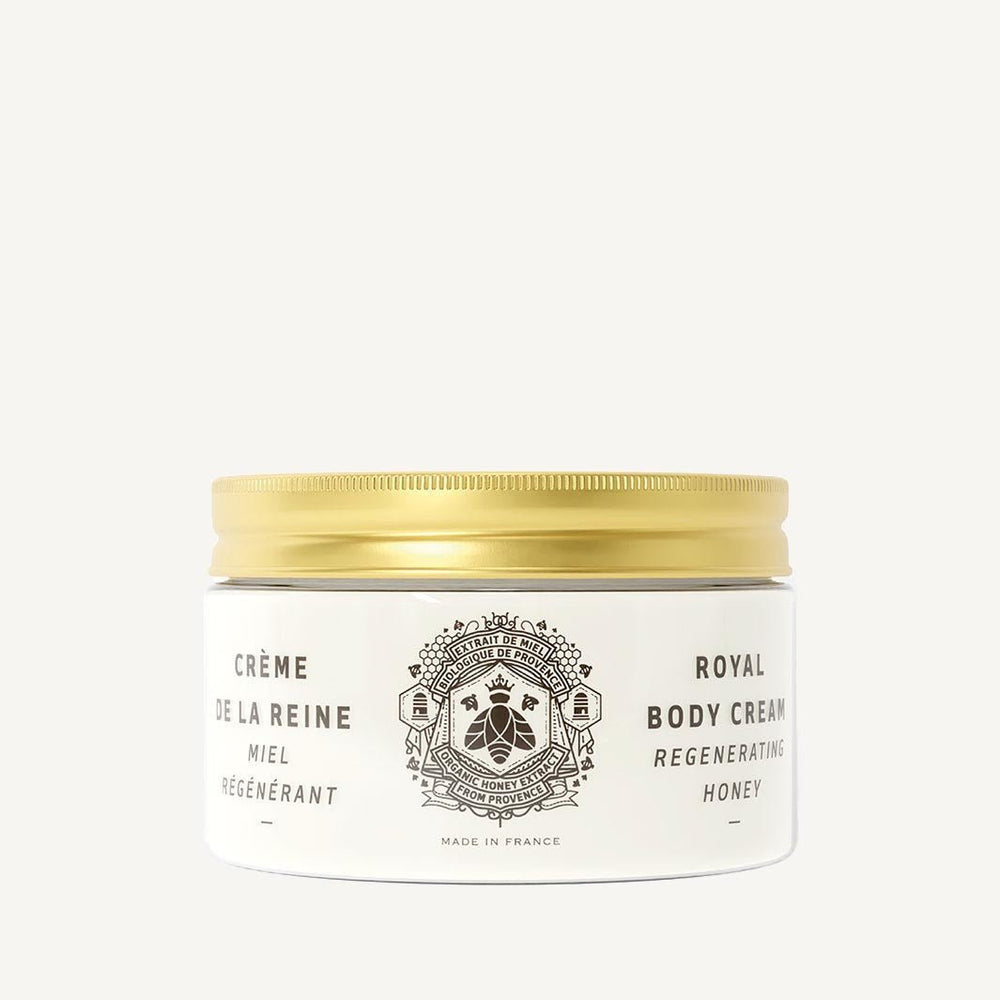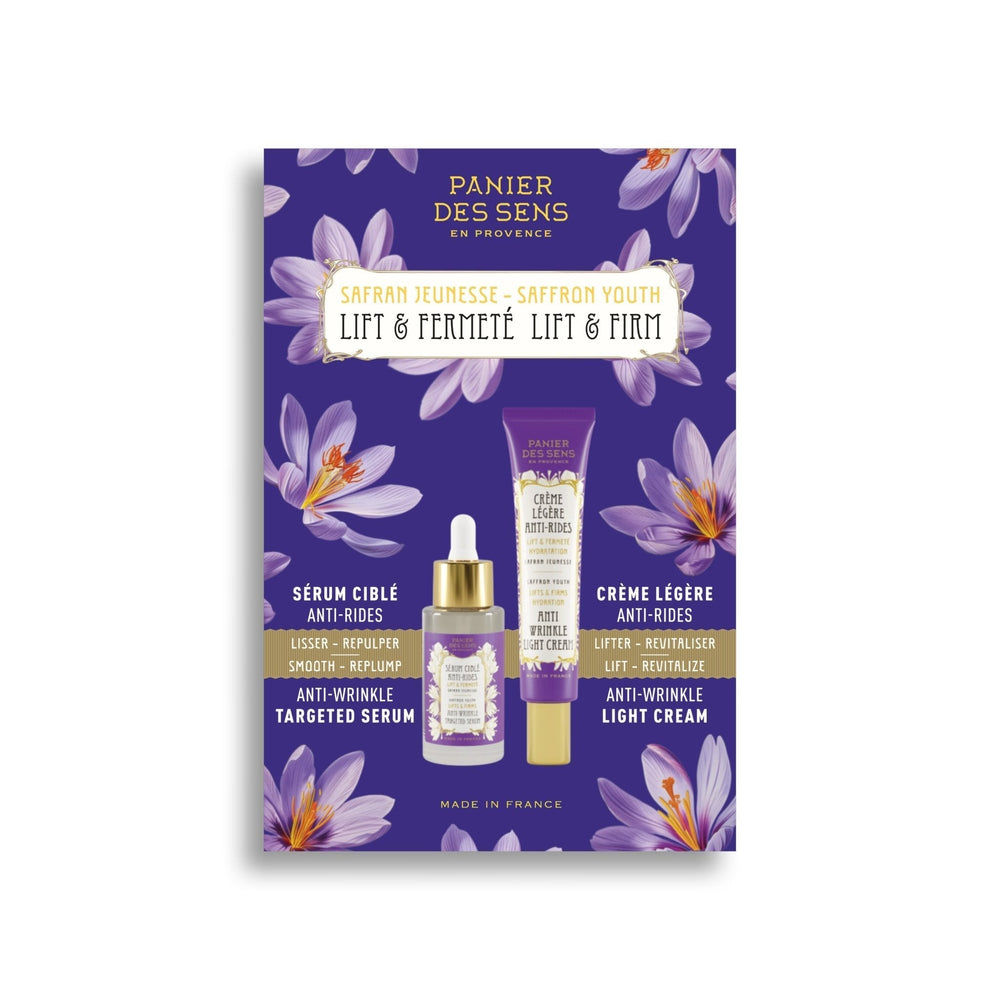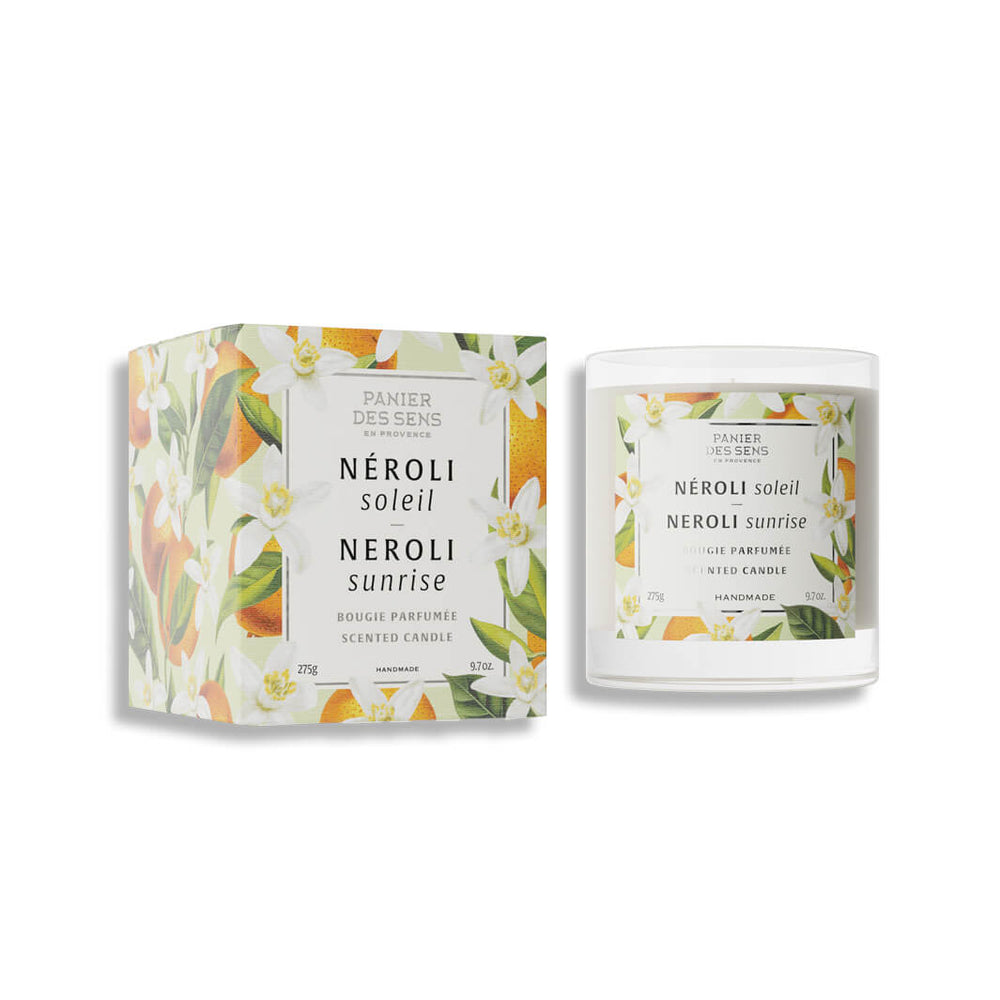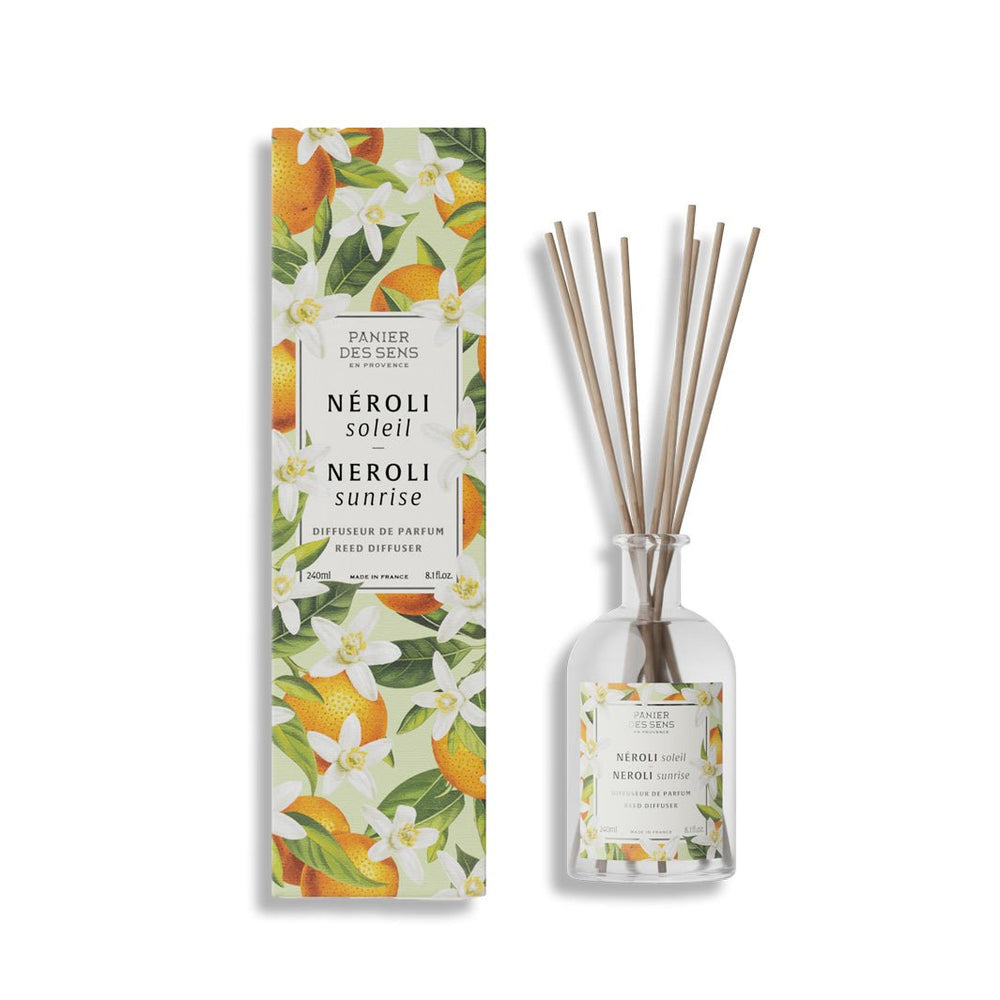Why is alcohol used to make eau de toilette ?
The eaux de toilette fascinate with their bewitching aromas and lightness, but have you ever wondered whyalcohol is used in their manufacture? This often overlooked ingredient plays an essential role in the alchemy of fragrance. By exploring the different facets of alcohol in perfumery, we'll discover its unique properties, its ability to dissolve essential oils and the undeniable advantages it confers in terms of scent stability and diffusion.
However, it's also crucial to know what precautions to take when using it, not forgetting the possible alternatives for those who prefer to avoid this ingredient. Together, let's dive into the captivating world of scents, emotions and memories that alcohol helps create, and learn more about this essential component of eaux de toilette.

The role of alcohol in the composition of eau de toilette
Properties of alcohol in perfumery
Alcohol plays an essential role in the creation of eaux de toilette. It acts as a powerful solvent capable of dissolving essential oils and other aromatic compounds. Its exceptional volatility enables rapid evaporation, leaving behind a pure, unaltered fragrance on your skin. Imagine gently spraying a fragrant mist that, in just a few moments, reveals all its olfactory notes with exquisite precision.
Alcohol and dissolving essential oils in eau de toilette
One of the most fascinating qualities of alcohol is its ability to homogenize complex mixtures of essential oils. Essential oils have different densities and chemical compositions, making them difficult to blend without a suitable solvent. Alcohol manages to harmonize these disparate elements, creating a unique elixir that gradually reveals its different olfactory facets over time.
Take, for example, an eau de toilette with woody and floral notes: thanks to alcohol, the essences of cedar blend harmoniously with those of jasmine, offering a balanced and refined sensory experience. This subtle marriage of ingredients is made possible by the dissolving and stabilizing action of alcohol.
Advantages of using alcohol in eau de toilette
Stability and preservation of fragrances thanks to alcohol
Alcohol plays a crucial role in the stability and preservation of eaux de toilette. Thanks to its antiseptic properties, it prevents the proliferation of micro-organisms, guaranteeing the purity and longevity of the fragrance. Imagine opening a bottle ofeau de toilette after several months and rediscovering your beloved fragrance intact. This is precisely what alcohol does: it preserves the delicate aromas of essential oils without altering them.
What's more, alcohol acts as a chemical stabilizer, ensuring that different olfactory notes remain harmonious over time. For example, an eau de toilette with fruity and spicy accords will retain its aromatic complexity thanks to the stabilizing action of alcohol. So you can be sure that each spray will faithfully reveal the fragrance's unique character, even after a long period.
Fragrance diffusion and projection with alcohol
One of alcohol's major assets is its ability to enhance fragrance diffusion and projection. Its volatility allows aromatic molecules to be released rapidly into the air, subtly enveloping your skin in a bewitching trail. Have you ever noticed how a simple spray ofeau de toilette can transform your olfactory aura? That's the magic of alcohol.
Take, for example, an eau de toilette with fresh, marine notes: as soon as you apply it, the invigorating scents are instantly diffused around you, creating a refreshing atmosphere that lingers throughout the day. Alcohol not only ensures rapid diffusion, but also prolonged persistence, allowing the fragrance to accompany your every move with elegance.
So, as well as ensuring the stability and preservation of precious essences, alcohol magnifies their diffusion and projection, offering an incomparable sensory experience with every use.
Precautions and alternatives to alcohol in eau de toilette
Effects of alcohol on the skin and precautions for use
Although alcohol is a key ingredient in the manufacture of eaux de toiletteit can sometimes cause skin reactions in some people. Indeed, its volatile, dehydrating nature can lead to a sensation of dryness or irritation, especially for sensitive skin. Have you ever felt a slight burn after applying your favorite perfume? This could be due to the concentration of alcohol.
To avoid these inconveniences, a few precautions should be taken:
- Test the fragrance: before adopting a new eau de toilette, apply a small amount to your wrist and observe your skin's reaction for 24 hours.
- Moisturize: use moisturizing creams regularly to strengthen the skin barrier and minimize the drying effects of alcohol.
- Adjust application: spray perfume on your clothes rather than directly on your skin to reduce direct contact with alcohol.
Alcohol-free alternatives in the manufacture of eaux de toilette
Want to avoid alcohol and still enjoy the olfactory pleasures? There are several innovative alternatives for creating fragrances that are just as captivating. Perfumers today are exploring various solutions to meet growing expectations for naturalness and sweetness.
One of the most common options is to use vegetable oils as a base. These oils, such as jojoba oil or sweet almond oil, offer not only an excellent ability to dissolve aromatic essences, but also nourishing skin care. Imagine yourself enveloped in a fragrant cloud that delicately moisturizes your epidermis with every application.
Other alternatives include aqueous bases enriched with plant extracts. These alcohol-free formulations favor hydrolats (floral waters) such as neroli or rose, offering a refreshing, soothing sensory experience. For example:
- Floral waters: use of distilled hydrolats as a fragrance base.
- Oily bases: natural oils for gentle, long-lasting fragrance diffusion.
- Perfumed serums: a combination of botanical extracts for a harmonious, alcohol-free blend.
These alternatives show that it's perfectly possible to enjoy the refined pleasures of Eau de Toilette. eaux de toilette without systematically resorting to alcohol. They pave the way for a perfumery that is more respectful of both the body and the environment.
We recommend these other pages:


